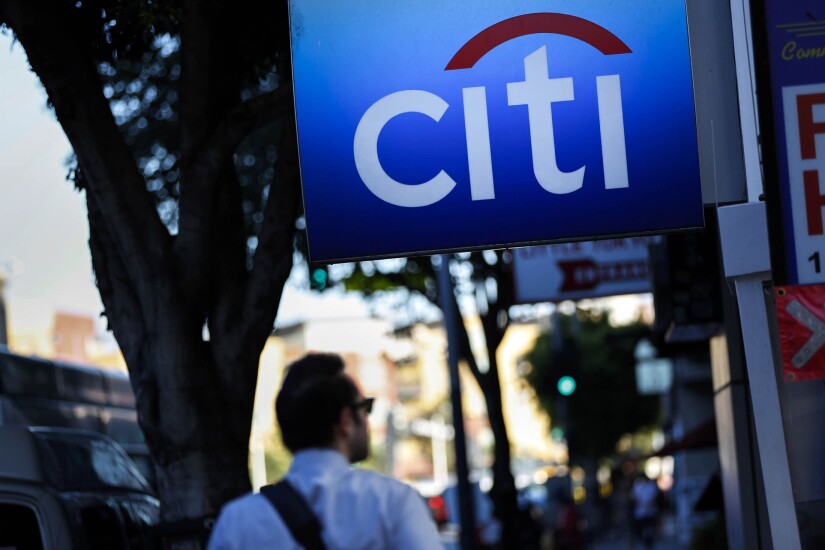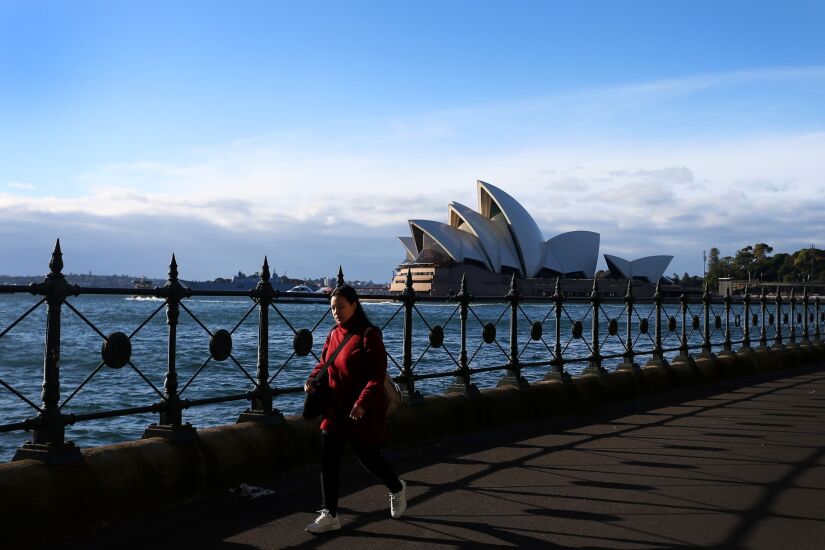Ripple has signed up several cryptocurrency exchanges as it launches its stablecoin. Citigroup starts a cross-border payment system, Mastercard and Worldline push new technology and more. Here's what's happening in the world of payments.

Revolut gets more UK fraud complaints than major banks
This compares with 7,874 at Barclays, 7,395 at Lloyds, 5,467 at HSBC, 4,803 at Monzo and 1,029 at Starling.
Revolut has about 45 million customers globally, though the U.K. is its home country and largest market, with about 9 million customers. The BBC report comes as Revolut calls for
In an email, Revolut's public relations office said, "We are sorry to hear of any instance where our customers have been targeted by ruthless and sophisticated criminals. Revolut takes fraud and the industry-wide risk of customers being coerced by organized criminals incredibly seriously."
Revolut contends that in 2023, it reduced the number of fraudulent transactions in the U.K. by more than 20% and prevented more than $600 million in potential fraud losses globally, while adding more than one million new consumers each month.
Revolut's financial crime prevention team makes up more than a third of the company's workforce, and the company has built artificial intelligence models to spot and block fraudulent transactions using hundreds of internal and external data points, Revolut said in its email, adding it "abides the same regulatory standards as any high street bank." —John Adams

Citi Token Services for Cash moves out of pilot phase
Citi Token Services for Cash allows institutional clients to process multimillion-dollar transactions with "24-7, always-on" cross-border payments and liquidity management between participating Citi branches, according to the bank. Citi has branches in more than 90 countries.
The service runs on Citi's private, ethereum-based blockchain rails and
"By using distributed ledger technology and smart contracts, Citi has created a patented programmable payment and liquidity platform, which will reduce costs and streamline processes," said Ryan Rugg, head of digital assets, treasury and trade solutions at Citi, in a statement.
The tokenization service can also help facilitate programmable payments in trade through smart contracts, which automatically release funds when certain conditions are met.
The worldwide commercial cash launch comes as Citi completed a successful pilot of the technology between two Panama-based shipping companies, CB Fenton and GAC Panama Shipping. Citi used its technology to replace guarantees and letters of credit with smart contracts backed by tokenized cash.
Citigroup this week also
Global banks have been working to roll out tokenized deposit and programmable payment solutions as blockchain technology gains wider adoption. JPMorgan completed a

Australia will ban some card fees
The center-left government said consumers are paying more in fees as cash usage is being replaced by digital payments. More than $1 billion in debit surcharges were paid in 2023, according to the Reserve Bank of Australia. Sixteen percent of payments in Australia are made in cash, down from 32% in 2019, according to the RBA.
Visa and Mastercard control about 92% of the Australian card market, according to
The two American card brands are facing pressure to lower payment fees in several markets. The
In the U.S., the

Worldline turns to embedded payments to drive its recovery
Worldline in the past year has
The company will combine its point-of-sale system and merchant-acquiring capabilities with OPP's technology to reach online platforms and marketplaces, enabling Worldline to compete with rivals such as Stripe and PayPal, which offer low-cost digital connections to payment processing. Worldline will first deploy OPP's technology in the European Union, with the U.K. and Switzerland later. —John Adams

Ripple lines up distribution for its stablecoin
Uphold, Bitstamp, Bitso, MoonPay, Independent Reserve, CoinMENA and Bllish will distribute the stablecoin, which Ripple envisions as a way to entice more traditional companies to adopt distributed finance and other forms of digital assets.
Ripple will combine RLUSD with its XRP ledger, the technology that supports cryptocurrency transactions and cross-border payments, to build a network for international transactions.
Stablecoins, which are backed by traditional currency such as U.S. dollars or euros, are designed to be less volatile than other cryptocurrencies, and as such more amenable to retail payments. Ripple over the years has built a network of financial institutions and fintechs that use XRP to support cross-border payments without using correspondent banks, providing a potential addressable market for its stablecoin.
PayPal has also introduced its own stablecoin,

New Zealand banks to rollout Confirmation of Payee in November
Participating banks include: Australia and New Zealand Banking Group, ASB Bank, Bank of China, Bank of New Zealand, China Construction Bank, The Co-operative Bank, Heartland Bank, Industrial & Commercial Bank of China, Kiwibank, Rabobank, SBS Bank, TSB Bank and Westpac, according to the association. The phased rollout will begin in November and should be completed by the end of April 2025.
"The phased approach is similar to how banks implemented Confirmation of Payee in the United Kingdom," said New Zealand Banking Association Chief Executive Roger Beaumont in a statement, noting that the banks are working with Obconnect, an open banking and CoP service provider. —Joey Pizzolato

Mastercard picks South Africa for faster card push
South African merchants will have near real-time access to funds from in-store card payments, unlike the one day or more time frame for most card payments in stores.
ACI Worldwide will assist Mastercard in enabling merchant acquirers to adopt standards for real-time processing. A future project will enable missing banks and other countries to process real-time card payments.
The card network is marketing the collaboration as a way for merchants to manage their liquidity by better matching sales, inventory and consumer payments.
"As consumer expectations and the needs of businesses change, we are ensuring payments meet the evolving speed of customers' lives." said Gabriel Swanepoel, southern Africa country manager for Mastercard, in a release. —John Adams

UK pay-by-bank company Banked acquires Australian A2A firm
For Banked, the acquisition of Waave opens a key relationship with Chemist Warehouse, one of Australia's largest online pharmacies. Banked first entered into the Australian market in May 2024 through a partnership with the
Waave was founded in 2022 and has secured $1.4 million in a seed funding round, according to Crunchbase. The company has been working with the Chemist Warehouse to deploy a pay-by-bank solution for Chemist Warehouse's online and brick-and-mortar stores in 2025. That partnership was a "critical" factor in Banked's acquisition, according to the company.
The acquisition comes as more companies look toward A2A and pay-by-bank options amid





